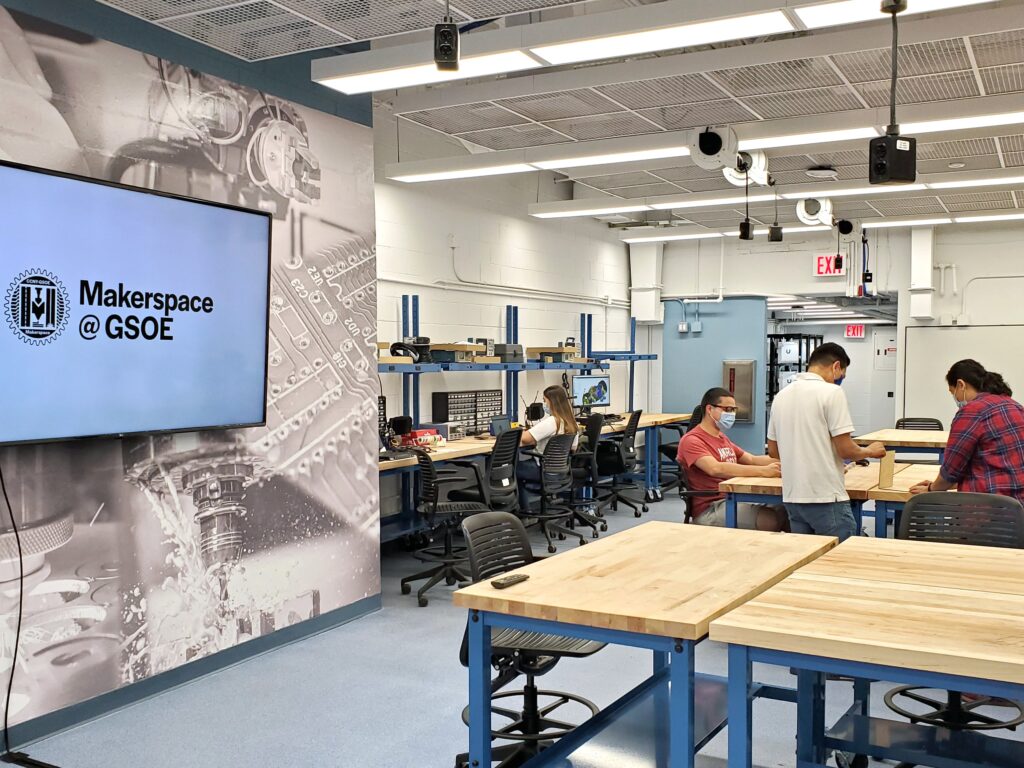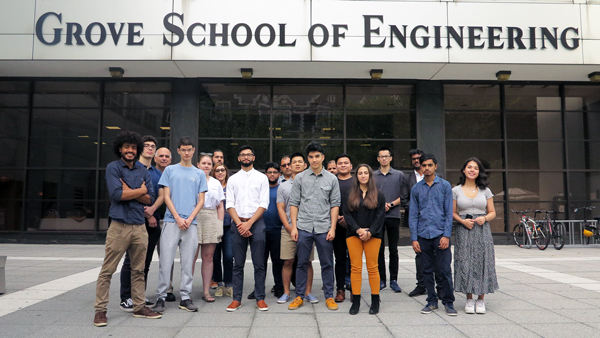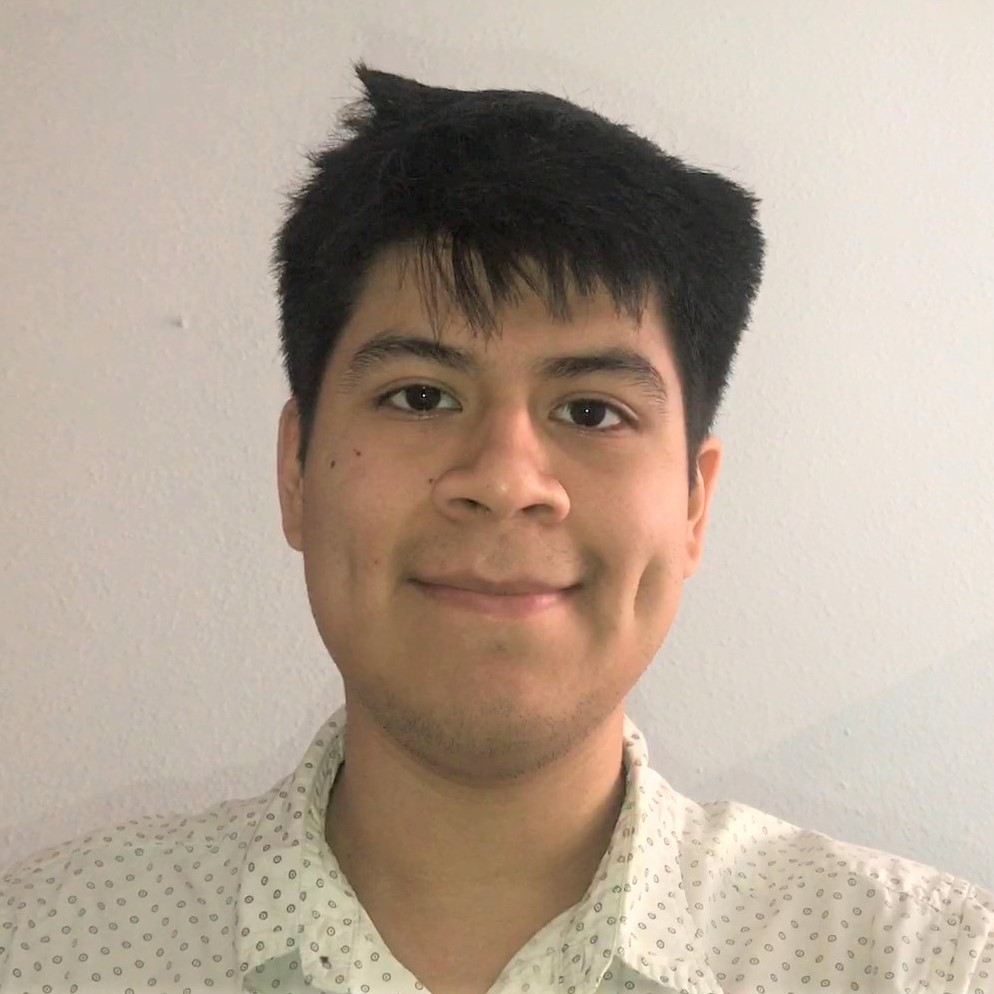A component from City College Initiative to Promote Academic Success in STEM (CiPASS) led by Director Dr. Jorge González, Professor of Mechanical Engineering, is Experimental Learning, where students are assigned to internships in collaboration with faculty or industry partners. These internships are key for students to continue their academic careers in STEM fields.
“Our data indicates that a good portion of students disengage from their career in large part because they don’t see a connection early enough. Experimental Learning includes internships that exposes students to industry and faculty interests.” Even with COVID requiring online internships, there were around 25 science and engineering students that participate in the program.
These paid internships also serve as financial resources to keep students on campus and focused on their field of study, an issue that can arise with low-income students. A stipend of $6,000 to $8,000 over a summer can prevent them from having to work in a non-related field for monetary support instead of learning how to conduct research.
If we succeed in ensuring that our diverse body of students have a good opportunity to complete a degree, we will be contributing to society because we are a dynamically changing nation in terms of demographics.
 Recently, in part of an effort to scale up their Experimental Learning component, CiPASS and City College built the largest Makerspace on campus in the Grove School of Engineering which will allow students to prototype parts for a variety of projects at no cost. Students were able to design, produce, pick up or have delivered parts while the makerspace operated remotely during COVID restrictions. “These types of projects are partly driven by the interest of industry and ranges from robotics, prosthetics, and environmental sensing.” With the help of Associate Dean of Research Rosemary Wesson, the space will be open to in-person work as soon as this summer.
Recently, in part of an effort to scale up their Experimental Learning component, CiPASS and City College built the largest Makerspace on campus in the Grove School of Engineering which will allow students to prototype parts for a variety of projects at no cost. Students were able to design, produce, pick up or have delivered parts while the makerspace operated remotely during COVID restrictions. “These types of projects are partly driven by the interest of industry and ranges from robotics, prosthetics, and environmental sensing.” With the help of Associate Dean of Research Rosemary Wesson, the space will be open to in-person work as soon as this summer.
As students return to campus there will also be training opportunities for operating the various equipment available including metal and non-metal 3D printers, lasercutters, sewing machines for patterning electric circuits, oscilloscopes and soldering stations.
Students can access the Makespace if they are either working on a class, a senior capstone project, a research project with a faculty member or a summer internship. Personal request are also considered after consulting the staff.

2019 Experimental Learning Participants
CiPASS also offer a Summer Bridge Program, where incoming freshman are offered an intensive math bootcamp based on their City College placement exam to prepare them for more rigorous math courses later in their studies. Last year, around 200 participants were enrolled in the program, compared to an average of 120. Dr. Gonzalez shares that Summer Bridge participants are scoring 1.0 GPA point higher than their peers. For example, they would be scoring a 3.0 compared to a peer’s 2.0. “I think this intervention is making a big impact on building the skills for the students to continue to succeed in their STEM programs. In the future, physics courses may be offered as well.
Student should explore their inner interest and passion for research, and where they will see themselves beyond a career by participating in hands on project if possible and see what it will take to get there.

Edgar Llivisupa is a journalist based in New York who joined the RICC in May 2021. Currently a Journalism and Spanish major at Baruch College he has covered business, science, culture and transit, in addition to living in Spain for two years to improve his Spanish proficiency.